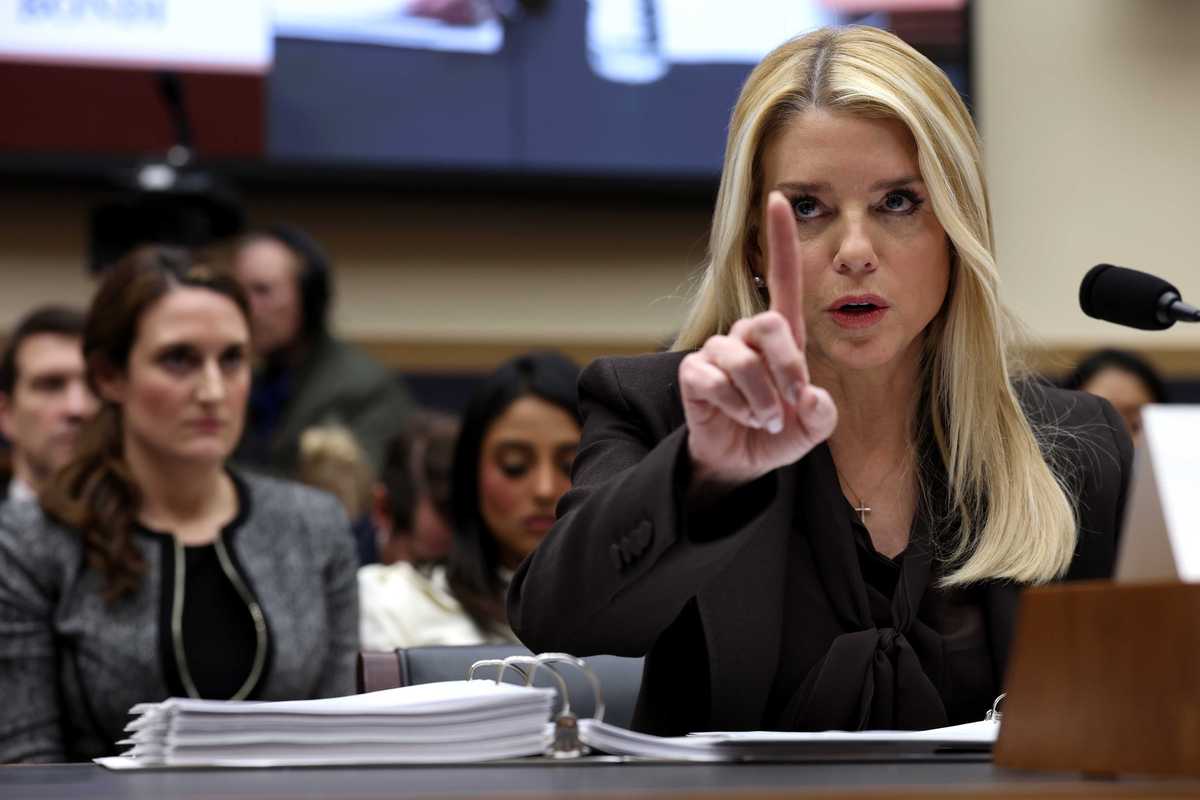Kate Plummer
Apr 19, 2023
WhatsApp and others call for the UK government to 'rethink' the Online …
content.jwplatform.com
WhatsApp, Signal and other messaging services are worried that the government's new Online Safety Bill (OSB) could result in people's messages getting read.
The bill, which was introduced last year and includes various measures to amp up online safety, could request that platforms monitor users to root out child abuse images.
But apps are concerned that this could undermine end-to-end encryption (E2EE) - meaning the message can only be read on the sender and the recipient's app and nowhere else, not even the systems they pass across.
In an open letter published on Tuesday, the operators of encrypted messaging apps warned: "Weakening encryption, undermining privacy and introducing the mass surveillance of people's private communications is not the way forward."
In its current form, the OSB opens the door to "routine, general and indiscriminate surveillance" of personal messages, the letter said.
Sign up to our new free Indy100 weekly newsletter
"Global providers of end-to-end encrypted products and services cannot weaken the security of their products and services to suit individual governments," it added.
"There cannot be a 'British internet' or a version of end-to-end encryption that is specific to the UK."
Liberal Democrat digital-economy spokesman Lord Clement-Jones, who is backing an amendment to the bill, said: "The OSB as it stands could lead to a duty to surveil every message anyone sends.
"We need to know the government's intentions on this," he told the BBC.
The bill would enable Ofcom to make companies scan messages - text, images, videos and files - with "approved technology" in order to identify child sexual abuse material. However, the communications regulator told Politico it would do so only if there was an "urgent need" and "would need a high bar of evidence in order to be able to require that a technology went into an encrypted environment".
Reacting to news of the letter the Prime Minister's official spokesperson said Tuesday powers to scan encrypted messages would only apply where no other "less intrusive measures" could achieve the "necessary reduction" in child abuse content.
Asked if there were concerns that it would open up encrypted messaging platforms to hacking from foreign states, the spokesman said there would be "requisite safeguards" so that end-to-end encryption was not weakened "by default".
And children's charities say encrypted-messaging companies could do more to prevent their platforms' misuse.
There were record levels of online child sexual abuse, Richard Collard, of the National Society for the Prevention of Cruelty to Children (NSPCC), said, with the victims, mostly girls, targeted at an increasingly young age.
"The front line of this fight to keep our children safe is private messaging - and it would be inconceivable for regulators and law enforcement to suddenly go into retreat at the behest of some of the world's biggest companies," he said.
"Experts have demonstrated that it's possible to tackle child abuse material and grooming in end-to-end encrypted environments."
So it is a tricky one.
Have your say in our news democracy. Click the upvote icon at the top of the page to help raise this article through the indy100 rankings.
Top 100
The Conversation (0)














